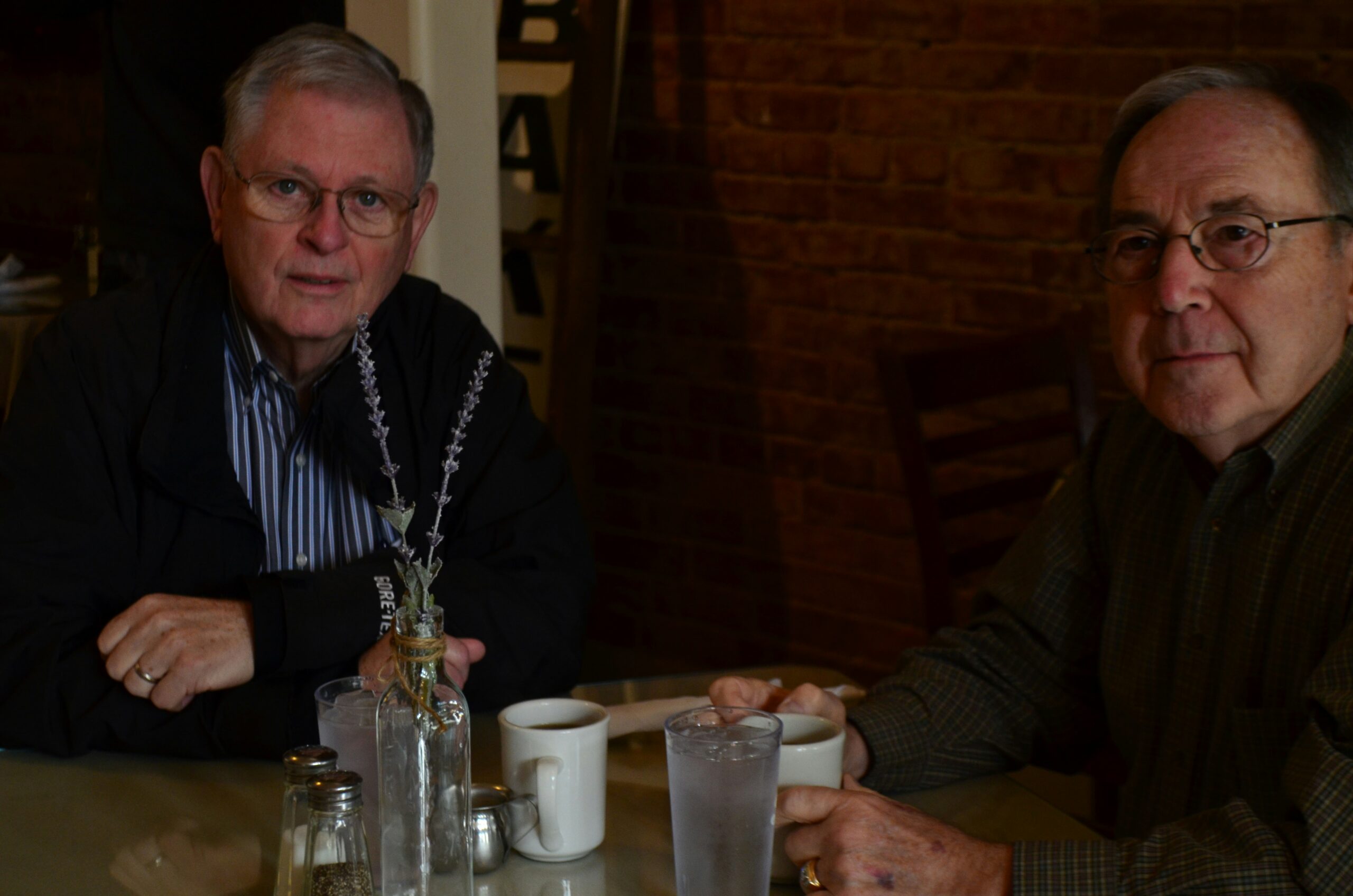When childhood trauma happens to you, its effects can endure for a really long time, even continuing on in your adulthood. And if you don’t take steps to heal your trauma from childhood, it can cause problems down the road, such as mental health issues and addiction. While these are obvious consequences, there’s another that may not be as visible, but is just as impactful: damaged relationships. Let’s explore how childhood trauma affects relationships as an adult when it isn’t properly addressed.
The Connection Between Childhood Trauma and ACEs
When you experience a scary, distressing, or potentially harmful event before you’re 18 years old, there’s a good chance it can lead to childhood trauma. Childhood trauma happens from an event that directly impacts you, or it can arise from something traumatic you witness in others. You may feel upset, terrified, or helpless in the moment when you experience trauma. And these events themselves often fall under the category of adverse childhood experiences (ACEs).
According to the American Psychological Association (APA), ACEs are characterized by stressful or traumatic events occurring during your first 18 years of life that disrupt the promotion of safe, stable, and nurturing family relationships. The APA goes on to say that every 2 out of 3 children will experience one or more traumatic events before age 16, so a majority of Americans will have at least one or more ACEs. Common ACEs that you can experience include:
- Divorce
- Having a parent in jail or prison
- Emotional or physical neglect
- Physical, sexual, or emotional abuse
- Substance use in the home
- Living with someone with a mental illness
Once you’ve experienced childhood trauma from ACEs, your brain’s development and your body’s stress response can actually change. As a result, your long-term physical and mental health can be negatively impacted, and you can continue to experience symptoms of childhood trauma as an adult. And you may see some of these symptoms playing out in your adult relationships.
How Childhood Trauma Affects Relationships: Unhealthy Attachments
So how does childhood trauma affect relationships in adulthood? One noticeable impact occurs in the type of attachment styles you form with others. An attachment style defines how you understand the world around you and how you relate to others. Consequently, childhood trauma and relationships become entrenched when you’re exposed to ACEs. This drives you to adopt unhealthy attachments in childhood due to your trauma. And many times these will continue on as an adult, such as:
- Dismissive-avoidant: You become emotionally unavailable with others due to your negative views of other people in general, leading you to avoid closeness with others
- Anxious-preoccupied: Your low self-esteem drives you to seek constant validation from others. At the same time, you’re always worrying about the intentions of others, fearing that they may abandon you
- Anxious-avoidant: Also referred to as fearful-avoidant attachment, you fear that your partner or friends will withdraw from you, causing struggles with maintaining close intimacy with others
Childhood Trauma and Adult Relationships: Poor Communication and Control Issues
You often learn how to communicate and interact with others as a kid based on what your parents demonstrated at home. However, if ongoing ACEs occurred in the home, one of the long-term effects of childhood trauma can be a diminished ability to communicate well. As an adult, you may continue the cycle of passive aggressiveness, yelling, or other harmful communication patterns you experienced as a child in the home. In addition, it can be difficult for you to talk about emotionally complicated subjects or express your feelings to others because this was never modeled to you growing up.
On top of communication challenges in adulthood, you may become controlling in your relationships, too. ACEs can make you as a child feel out of control or lacking in the security you need to control your environment. This can lead to overcorrection as an adult, driven by the urge to always be in charge in a relationship. Not only does this create difficulty building healthy friendships, but you also may attempt to control your partner as well.
How Childhood Trauma Affects Relationships: Addiction
Sadly, one of the main consequences of how trauma affects relationships in adulthood is addiction. ACEs can make it challenging for you to regulate difficult emotions and stress, so you naturally can seek out feel-good experiences to cope. As you get older, these coping mechanisms can get unhealthy, such as drugs or alcohol. As you continue to use these substances as coping mechanisms, you can eventually become addicted to them. But how does addiction affect your relationships as an adult?
With an addiction, your substance of choice controls your life. That means you prioritize it over your relationships, even with your loved ones. Your addictive behaviors can create trust issues among your partner and children, and you may be prone to irrational or violent behavior as you struggle with addiction. Eventually, your addiction may even create ACEs in your own children, perpetuating your struggles as generational trauma that they now have to deal with, too.
Heal Your Trauma and Addiction at Sana at Stowe
Does any of this sound familiar? If so, unresolved childhood trauma may be the reason behind your current relationship struggles, as well as your addiction issues. If you’re unsure, we encourage you to complete our free ACEs Assessment to determine if you’ve dealt with ACEs in your past.
Childhood trauma and relationships can be a constant struggle, but with the right professional help, they don’t have to stay that way. At Sana at Stowe in Stowe, Vermont, we can help you heal your trauma and overcome addiction together. By doing so, not only can you reclaim your life, but you can also restore your relationships. To learn more about our trauma-informed alcohol and drug addiction treatment programs, call us now.


